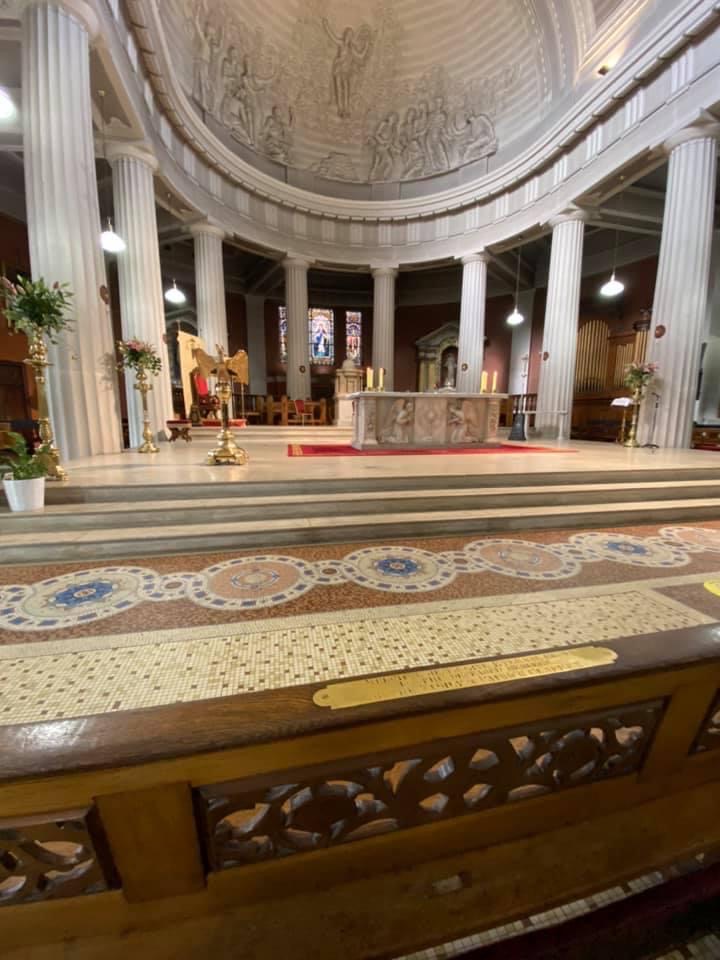 We ask people to consider the manner in which assisted suicide and euthanasia undermines the whole ethos of healthcare
We ask people to consider the manner in which assisted suicide and euthanasia undermines the whole ethos of healthcare
Following its Autumn General Meeting this week, the Irish Catholic Bishops’ Conference have released the following statement entitled Care at the End of Life:
Human dignity is inherent in every person from the first moment of his or her existence. Even under the most challenging circumstances, we never lose that inherent dignity, which brings a unique quality and meaning to everything we do and are.
Hospice
In the challenging context of terminal illness, the dignity of the person is affirmed in Hospice Care. From simple beginnings at Our Lady’s Hospice, Harold’s Cross, Dublin, in 1879, and with huge public support, the provision of hospice care has spread to every corner of Ireland. It is based on the principle that “Life is affirmed and dying is regarded as a normal process. Death is neither hastened nor postponed. Pain and other distressing symptoms are relieved.” These principles have inspired people of every religious tradition in providing a unique kind of care at the end of life, which is not just about pain management, but about presence and communication and, most of all, about remaining close to people for whom further medical treatment is futile.
A Community of Compassion and Care
Care at the end of life has a lot to do with relationships. The support of family members, friends and trusted healthcare professionals, including chaplains who offer pastoral and sacramental care, can make an enormous difference. Together they form a community of compassion and care. For a Christian, death is not a hopeless adventure; it is the door of life that opens to eternity.
Palliative Care
Telling the truth with love is an important aspect of our respect for human dignity. Palliative care, as well as upholding absolute respect for human life, acknowledges and accepts the reality of approaching death. It is about helping people to live as fully as possible in the time that is left to them, until death comes naturally. Our own pastoral experience has shown us that, in the final days and weeks of terminal illness, the life experience of those who are dying can be greatly enhanced with the assistance of integrated palliative care. Frequently, relationships are healed, unresolved personal issues are worked through and people often enter into a deeper relationship with God. We note that many palliative care experts have expressed similar views.
The Relief of Pain
The use of pain relief, in order to maintain and enhance the quality of life is an important aspect of palliative care. Palliative care should not be confused with euthanasia or assisted suicide, which involves the specific intention to end a human life. This is always gravely sinful.
Assisted Suicide
Assisted suicide is often presented as something that would be rare and exceptional. Once assisted suicide is accepted in principle, it becomes very difficult to draw a line. Many countries, which began by legalising assisted suicide on a very limited basis, have moved on to widen significantly the scope of that legislation.
At the Service of Life
We want to say very clearly that there is no such thing as a life without value. We hope to be a voice for those who, in a time of vulnerability, feel that they have no voice. We ask people to consider the manner in which assisted suicide and euthanasia undermines the whole ethos of healthcare. Doctors and nurses are called to be advocates for life and should never be required to assist in any way in the deliberate ending of life. We invite you to join us in prayer for those who, at this time, are coming to terms with a diagnosis of terminal illness, that they may have the blessing of a community of compassion and care.
Catholic Bishops’, 8 Oct 2020 at 10:57


